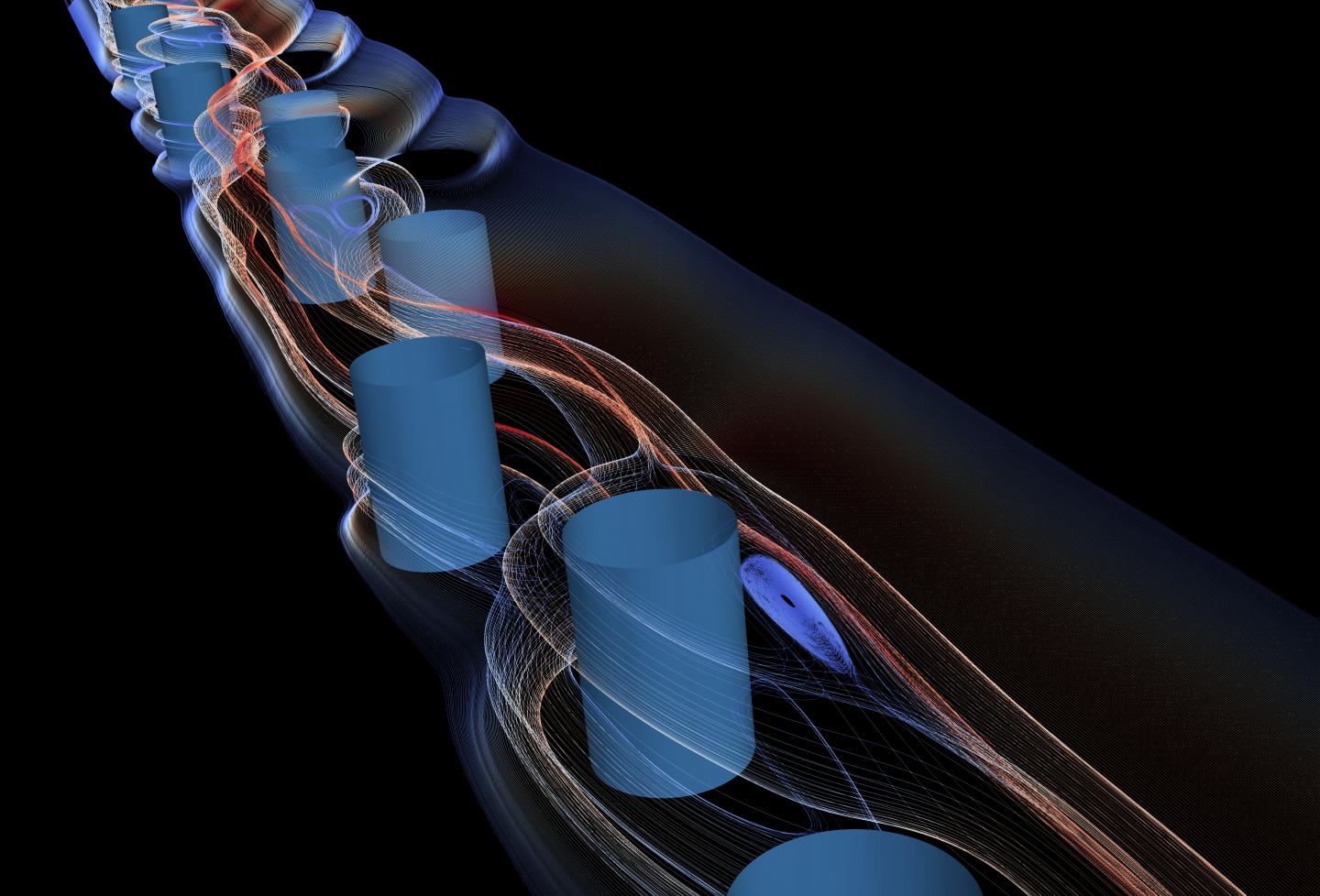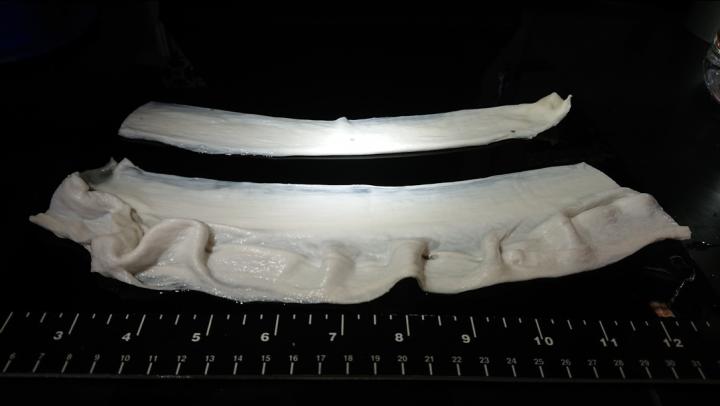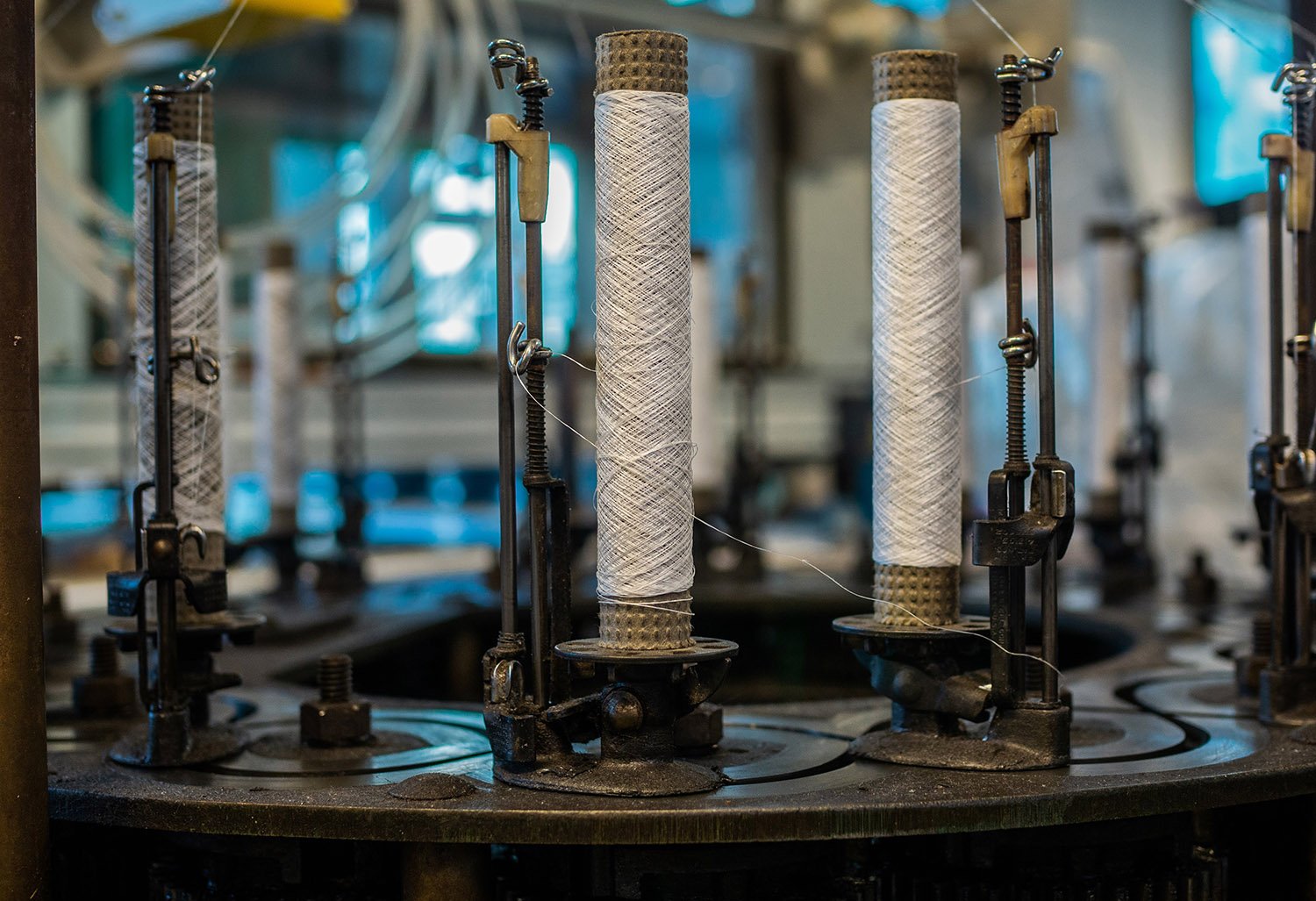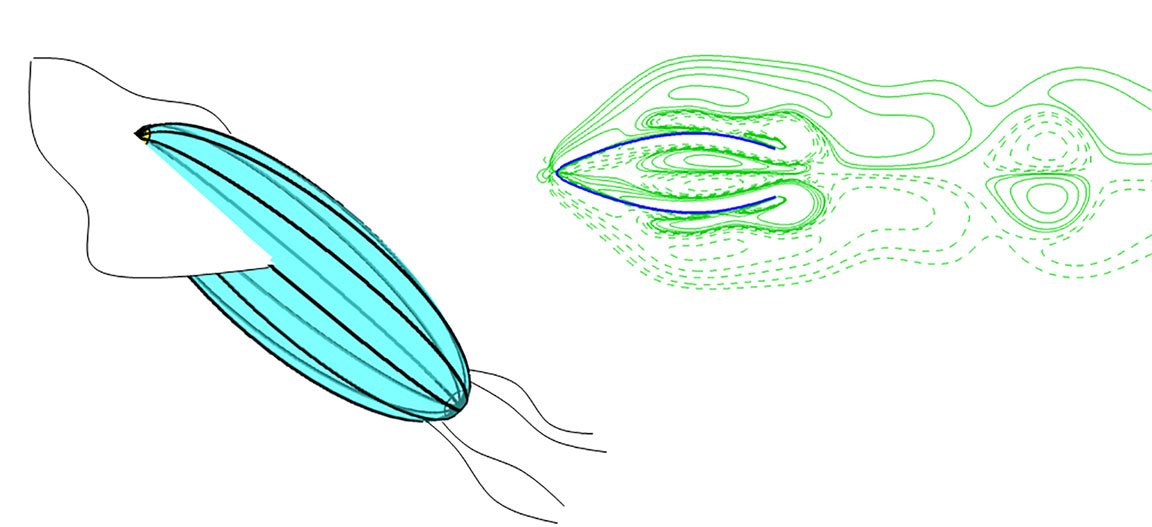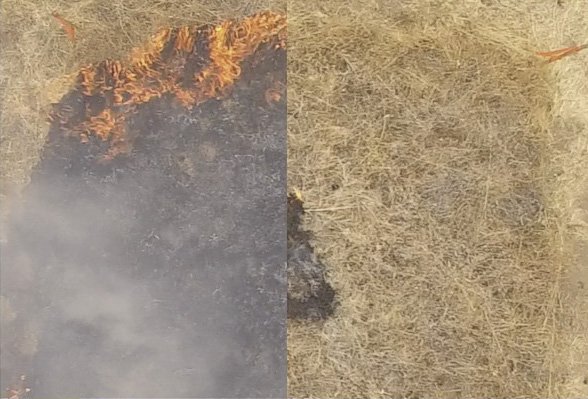Pre-programmed microfluidic systems offer new control capabilities
Microfluidic systems have the power to revolutionize medicine, energy, electronics and even space exploration. But the sheer size of the external equipment required for controlling these quarter-sized devices has limited their use in portable, wearable technologies. Now Northwestern University researchers are pushing microfluidics closer to reaching its true potential. In a recent study, the researchers … Read more
